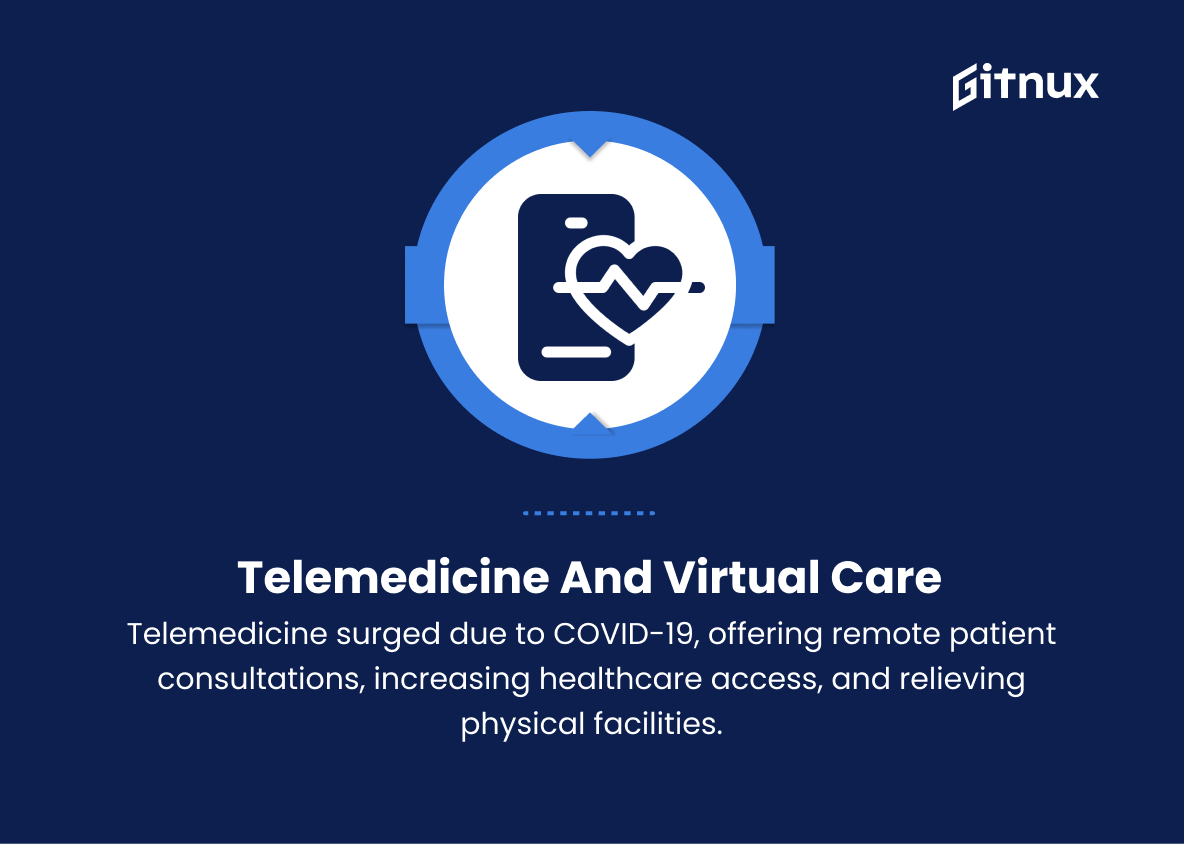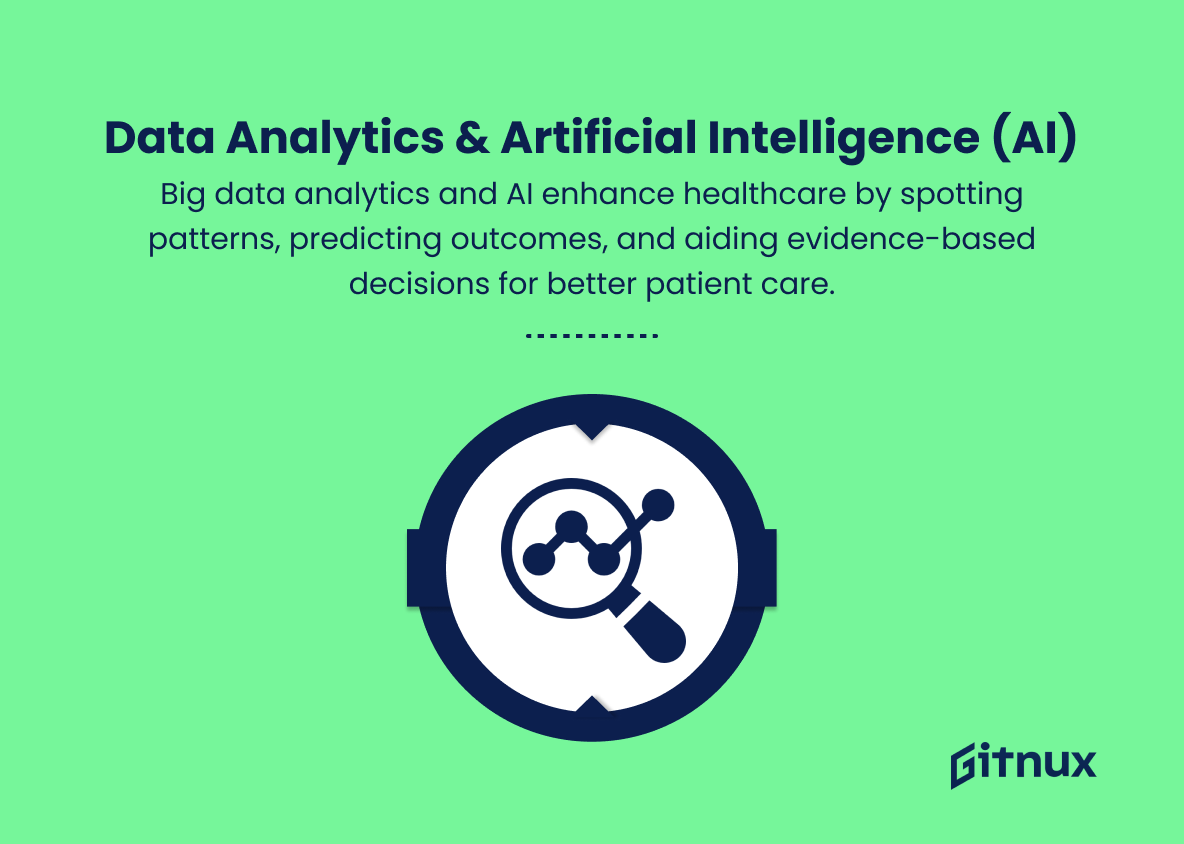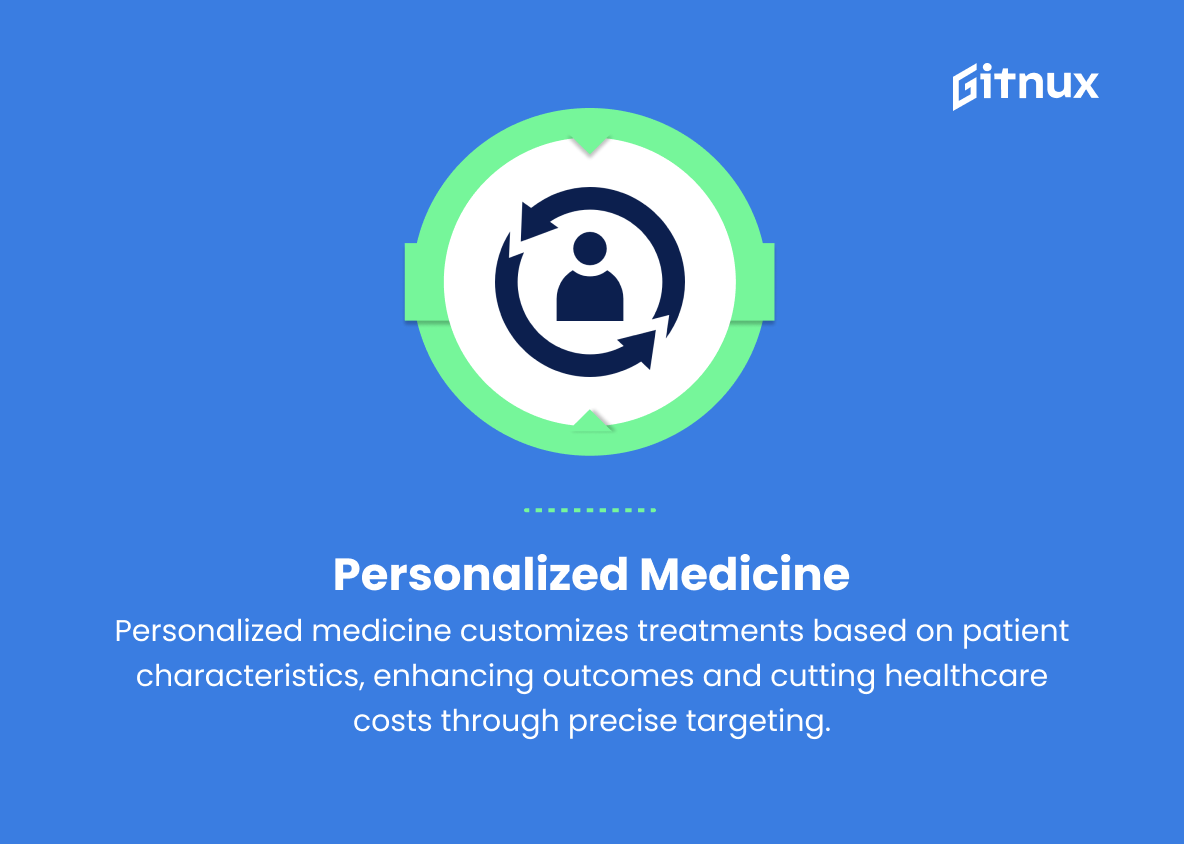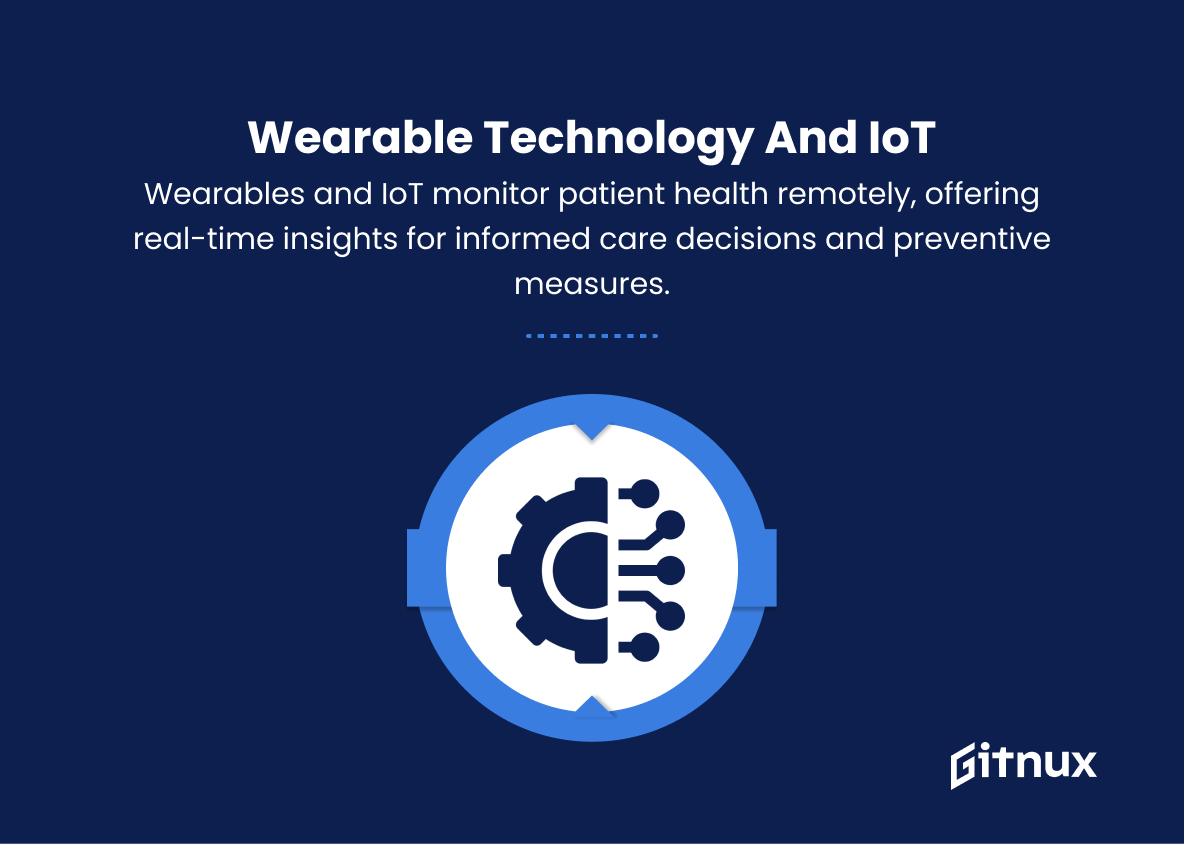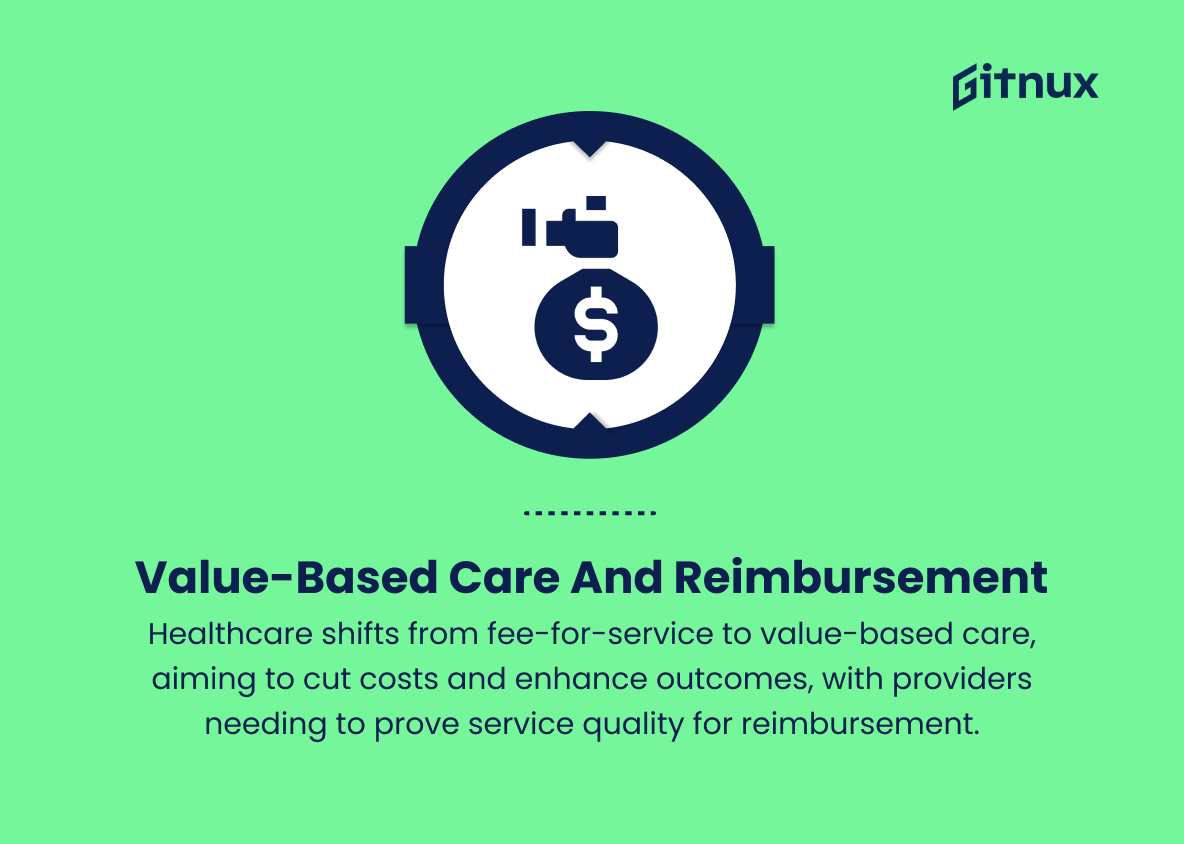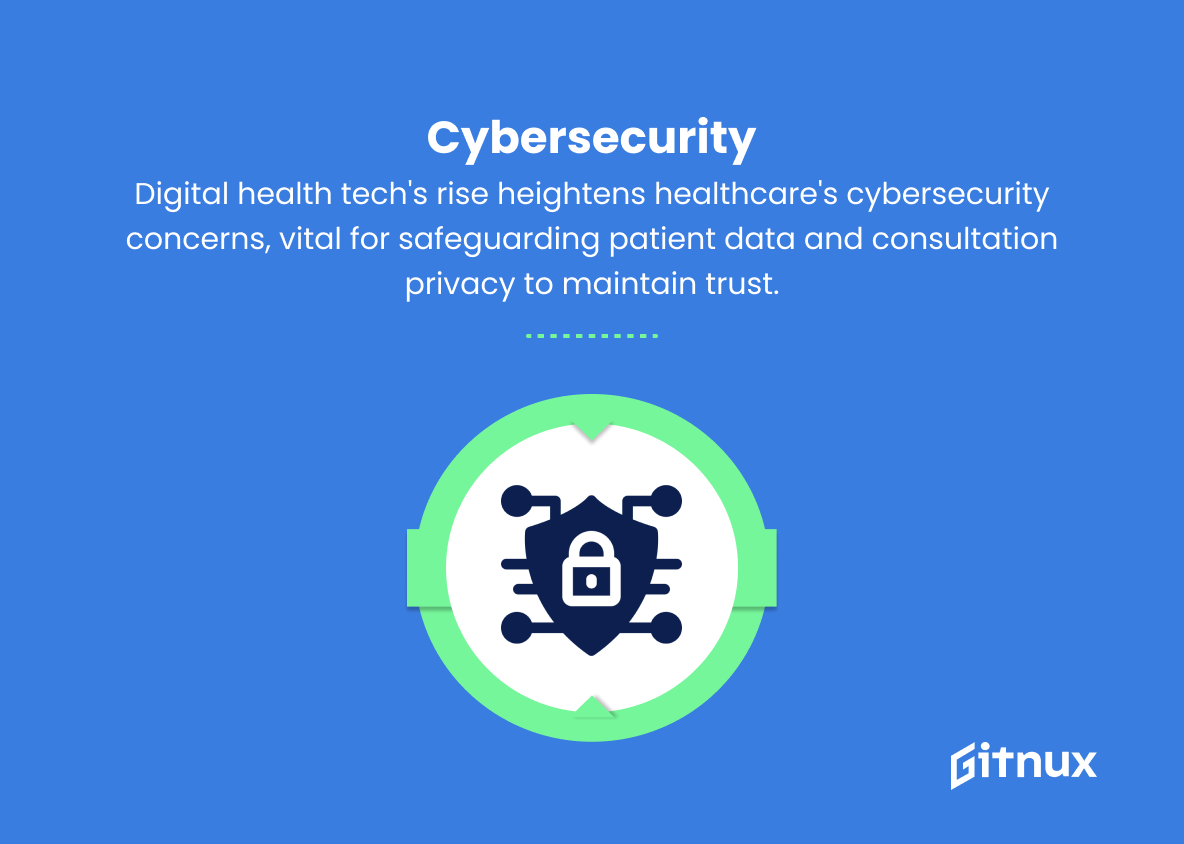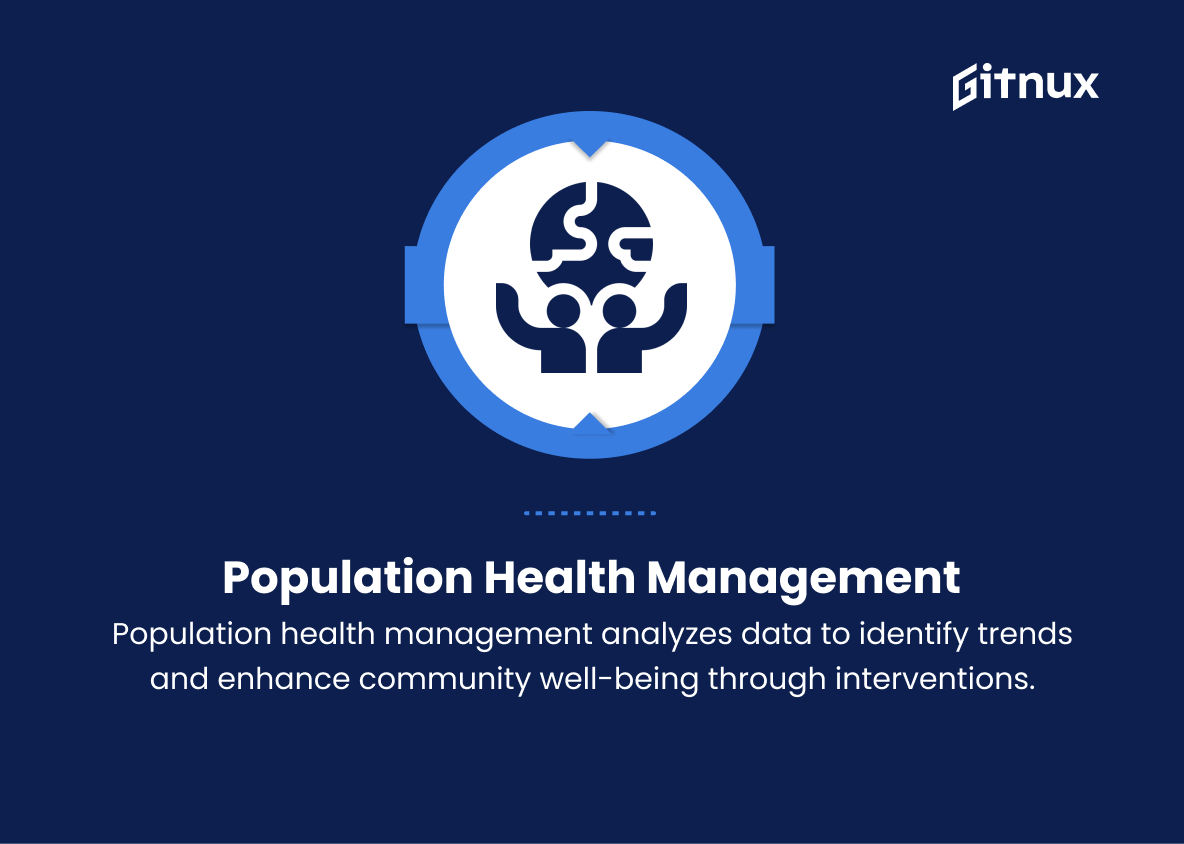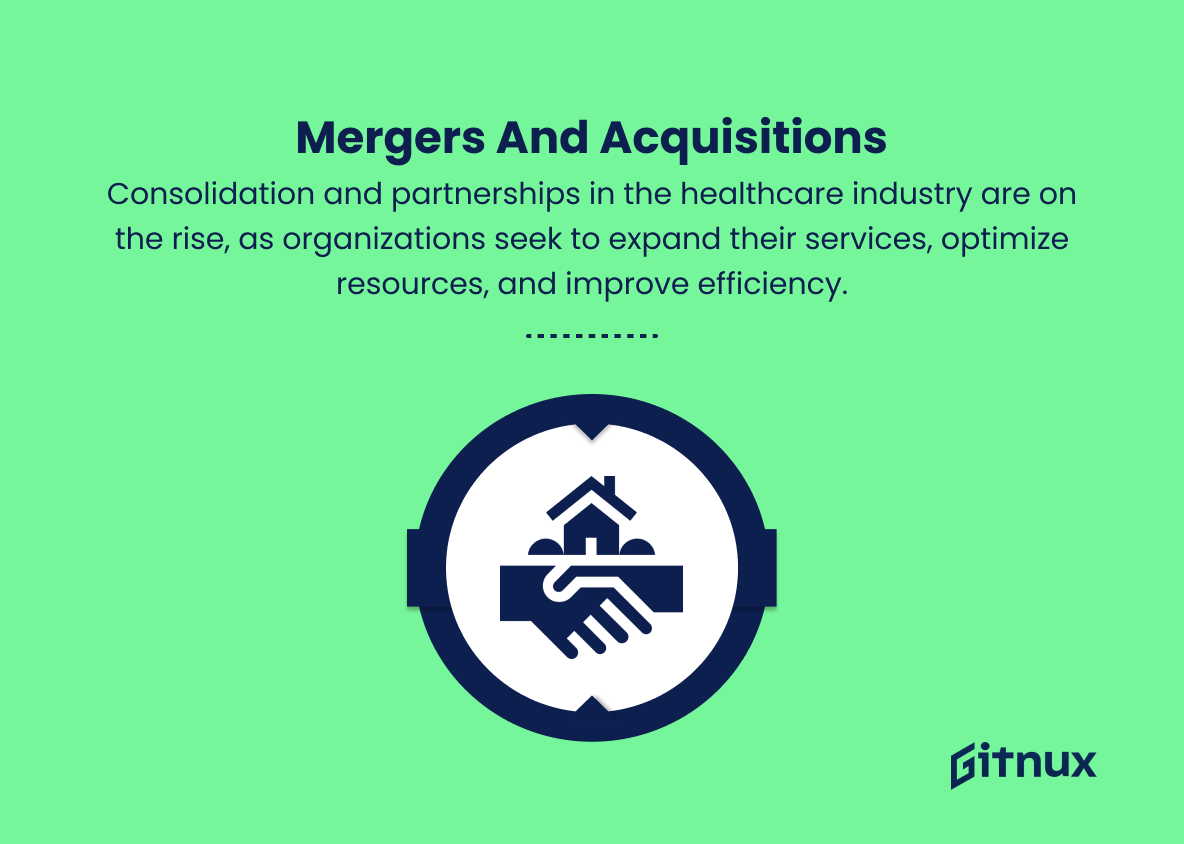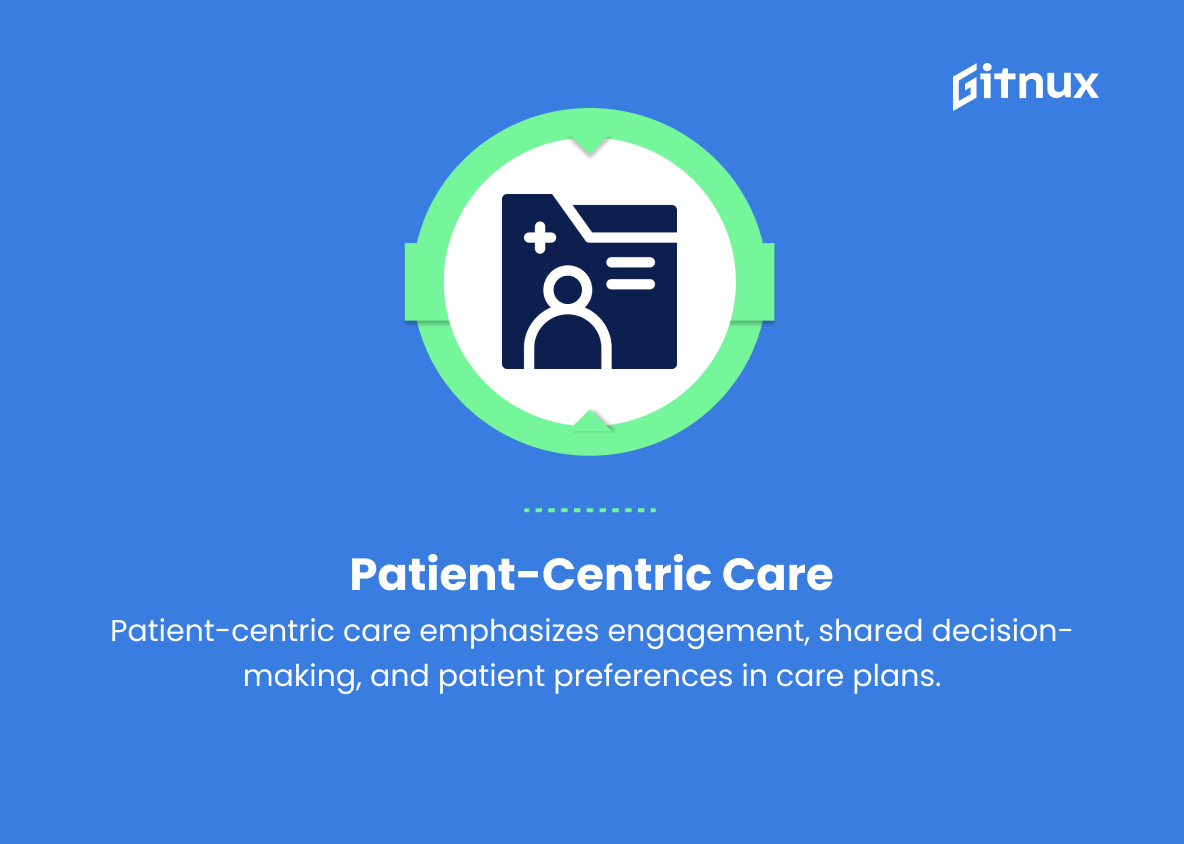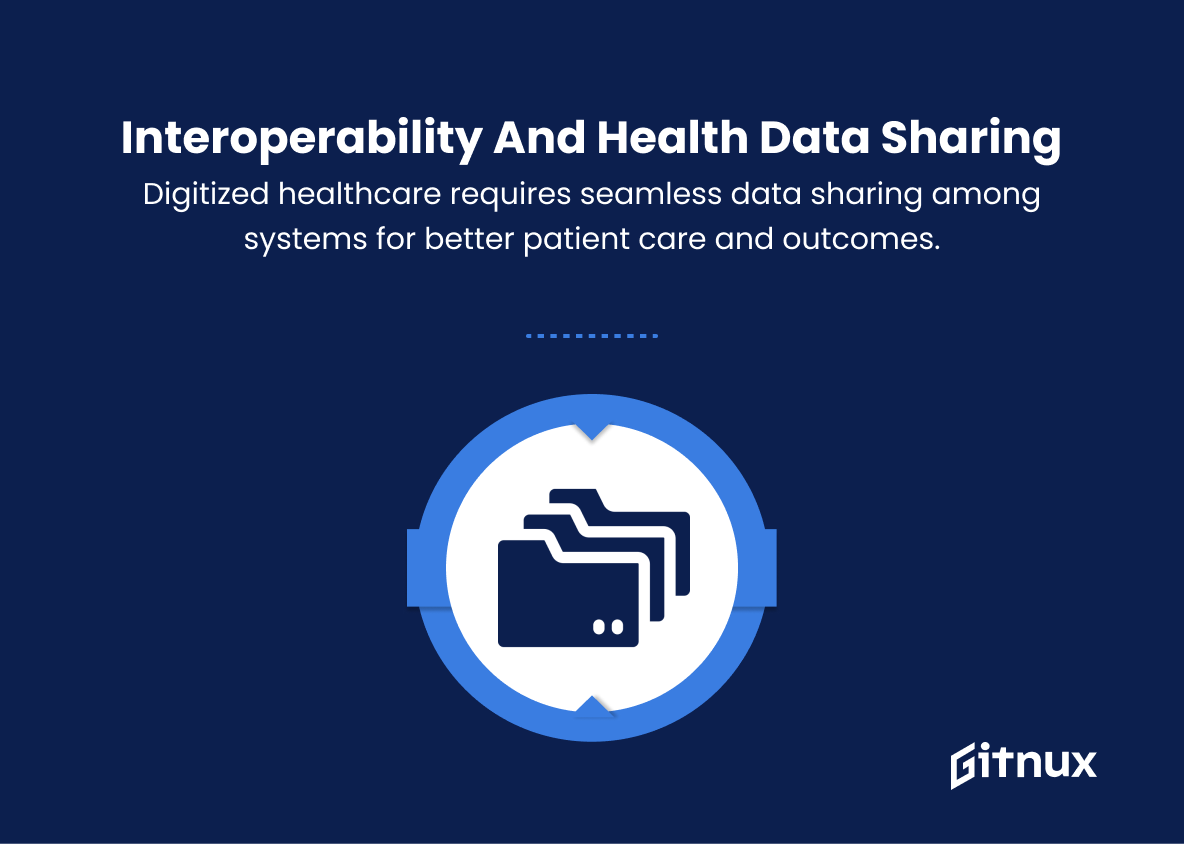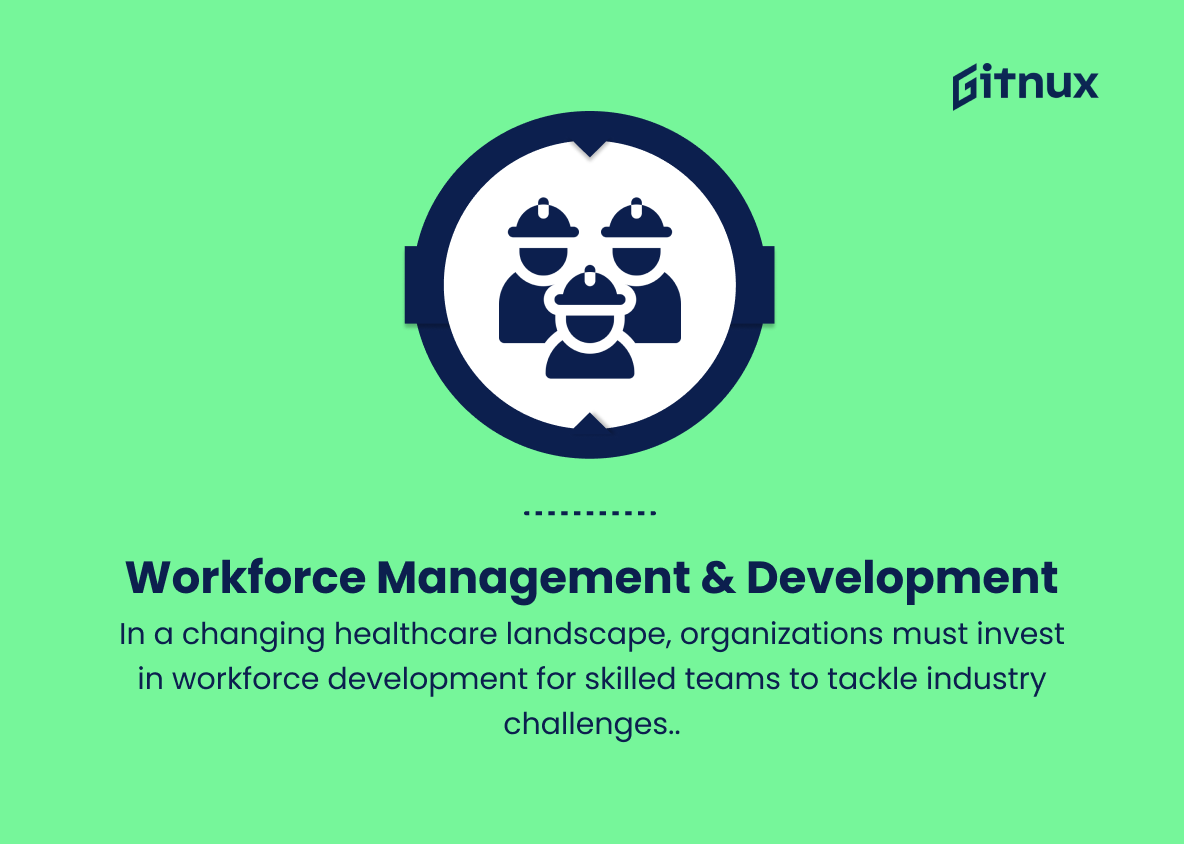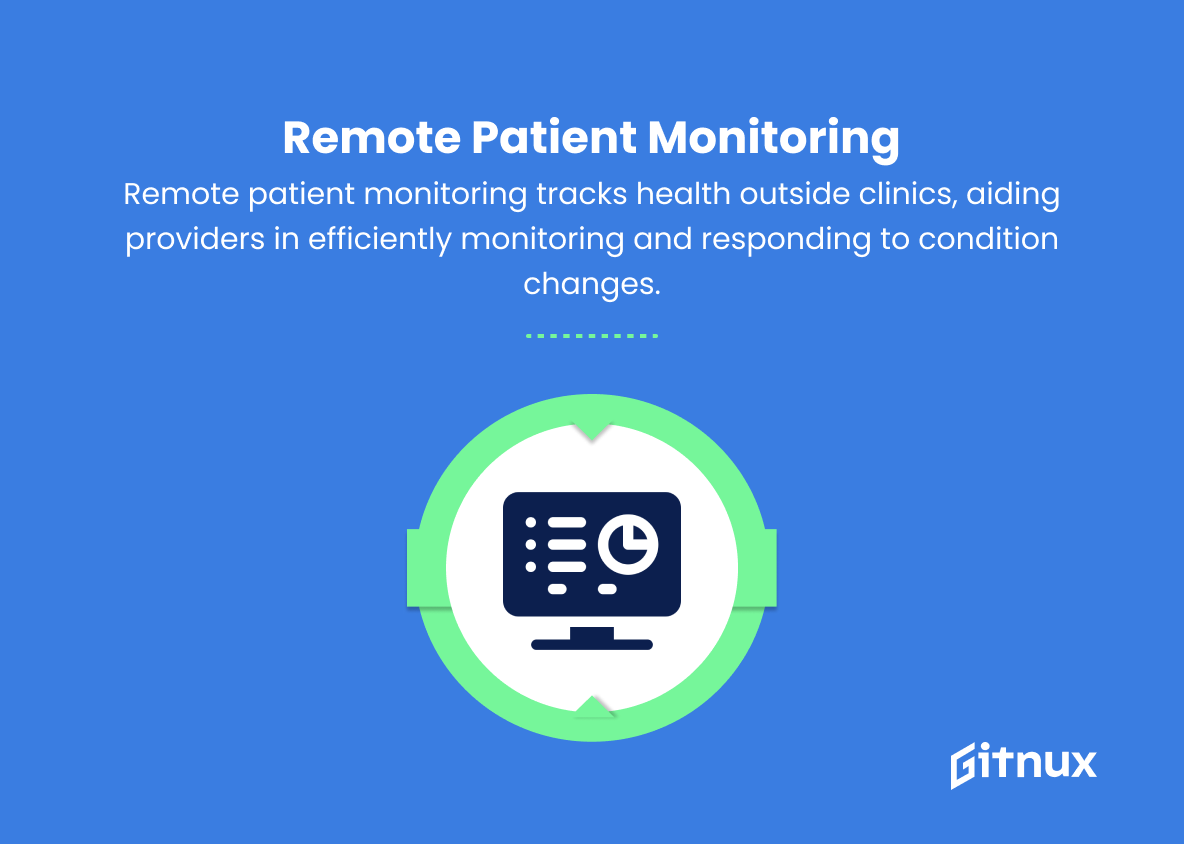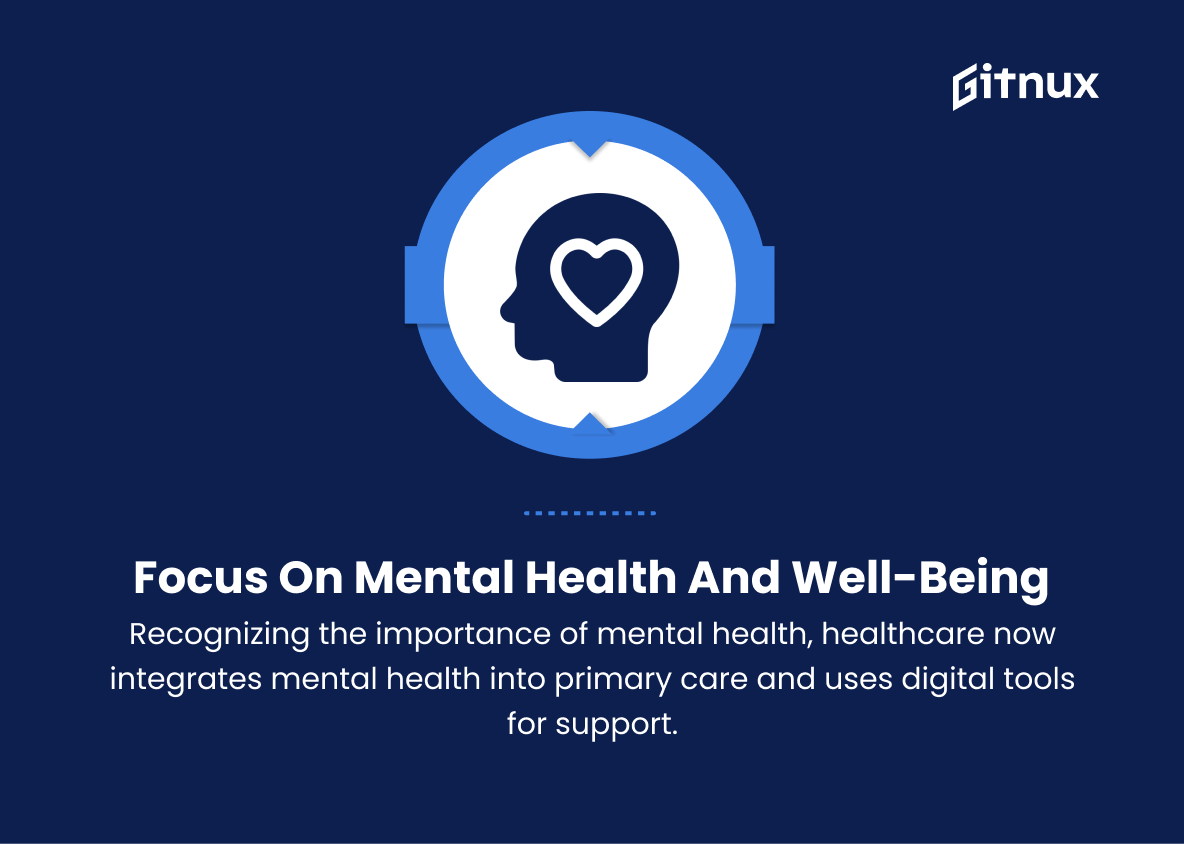As the global healthcare landscape continues to evolve at a rapid pace, it has become increasingly vital for both providers and patients to keep abreast of the latest trends and innovations shaping the industry. Healthcare consulting, a crucial component of this burgeoning sector, plays a critical role in helping organizations navigate the complexities of this dynamic environment.
In this insightful blog post, we will be delving deep into the current state of the healthcare consulting industry, exploring the emerging trends that are driving change, and examining the implications of these developments on healthcare providers and stakeholders alike. Join us as we dissect the myriad factors influencing this ever-expanding field and discuss the most pressing challenges and opportunities presented by the shifting healthcare paradigm. So, grab your stethoscope and your thinking cap, as we embark on a fascinating journey into the dynamic world of healthcare consulting industry trends.
Top Healthcare Consulting Industry Trends
1. Telemedicine and virtual care
Telemedicine and virtual care have seen rapid growth due to the COVID-19 pandemic. This allows patients to consult with healthcare providers remotely through video calls and other digital communication tools, thereby increasing access to healthcare services and reducing the burden on physical healthcare facilities.
2. Data analytics and artificial intelligence (AI)
The use of big data analytics and AI in healthcare helps improve patient care by identifying patterns and trends, predicting patient outcomes, and generating insights for evidence-based decision-making.
3. Personalized medicine
The shift toward personalized medicine involves tailoring medical treatments and therapies based on individual patient characteristics, such as genetic makeup, lifestyle, and environmental factors. This has the potential to greatly improve patient outcomes and reduce healthcare costs by targeting treatments more effectively.
4. Wearable technology and IoT
Wearable devices and the Internet of Things (IoT) are being increasingly used to monitor patient health and behavior remotely. This real-time data can provide valuable insights for healthcare providers, allowing them to make informed decisions on patient care and even help prevent potential health issues.
5. Value-based care and reimbursement models
The healthcare industry is shifting away from fee-for-service models towards value-based care strategies, which aim to reduce healthcare costs while also improving patient outcomes. This requires healthcare providers to demonstrate the quality and effectiveness of their services in order to receive reimbursement.
6. Cybersecurity
With the increased use of digital health technologies, cybersecurity has become a major concern for the healthcare industry. Protecting sensitive patient data and ensuring the privacy of online consultations are critical to maintaining trust in the system.
7. Population health management
Focus on population health management seeks to address the broader determinants of health to improve overall community well-being. This involves the analysis of large amounts of data to identify health trends and implement interventions at the population level.
8. Mergers and acquisitions
Consolidation and partnerships in the healthcare industry are on the rise, as organizations seek to expand their services, optimize resources, and improve efficiency.
9. Patient-centric care
The trend toward patient-centric care involves a focus on patient engagement and experience, using shared decision-making processes, and incorporating patient preferences into care plans.
10. Interoperability and health information exchange
As healthcare becomes more digitized, it becomes essential for different healthcare systems and institutions to share and exchange patient data seamlessly. This interoperability can lead to more comprehensive patient care and improved outcomes.
11. Workforce management and development
As the healthcare landscape continues to evolve, organizations must adapt to new staffing models and invest in workforce development to ensure their teams have the necessary skills to navigate the industry’s challenges.
12. Remote patient monitoring
Remote patient monitoring uses digital technologies to track patients’ health outside of clinical settings, enabling healthcare providers to monitor and respond to changes in patients’ conditions efficiently and effectively.
13. Focus on mental health and well-being
There is growing recognition of the importance of addressing mental health and well-being as part of a comprehensive healthcare approach. This includes integrating mental health services into primary care settings and using digital health tools to support mental health management.
These trends highlight the ongoing transformation of the healthcare consulting industry, with a focus on technology, patient-centered approaches, and data-driven decision-making. As these trends continue to evolve, healthcare organizations must adapt and innovate to stay competitive and meet the changing needs of patients and providers.
Implications
The healthcare consulting industry is undergoing a significant transformation, driven by advancements in technology, the growth of patient-centered care, and the increasing importance of data-driven decision-making. Telemedicine, virtual care, and remote patient monitoring are breaking geographic barriers, expanding access to healthcare services, and allowing providers to offer more efficient, personalized care. The adoption of data analytics, AI, and IoT in healthcare is leading to improved patient outcomes, more effective treatments, and the ability to predict and prevent health issues.
Value-based care models and a focus on population health management are shifting the industry towards prioritizing patient outcomes, cost reduction, and overall community well-being. Cybersecurity has become a vital concern as digital health technologies become more prevalent and sensitive patient data must be protected. Consolidation through mergers and acquisitions is leading to resource optimization and improved efficiency, while interoperability and health information exchange enable seamless data sharing for comprehensive patient care.
As organizations navigate these evolving trends, they must also adapt to new staffing models and emphasize workforce development, and integrate mental health services to meet the growing demand for holistic healthcare. By embracing these trends, the healthcare consulting industry can better serve patients and providers, ultimately enhancing the overall quality of care.
Conclusion
In summary, the healthcare consulting industry is undergoing significant transformations, driven by rapid technological advancements, shifting regulations, and the need for cost optimization. These trends are reshaping the way healthcare providers operate and are compelling industry leaders to adopt innovative strategies and embrace digital solutions. As healthcare systems around the world continue to evolve, healthcare consultants will play a crucial role in guiding organizations towards improved patient outcomes, increased efficiency, and long-term success.
Stakeholders within the healthcare consulting industry must stay informed about these trends to navigate the changing landscape and provide indispensable insights that empower organizations to achieve their goals. In doing so, they will solidify their critical role in shaping the future of healthcare.
